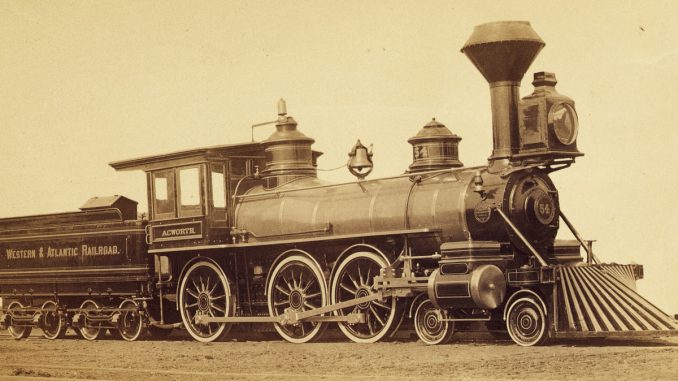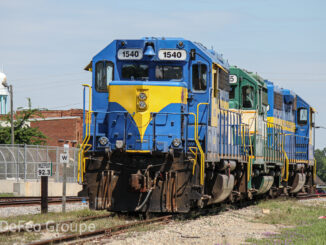
Even though the Louisville & Nashville Railroad controlled the Nashville, Chattanooga & St. Louis Railway, which in turn leased the Western & Atlantic Railroad between Atlanta and Chattanooga, Tennessee, the L&N wanted its own line into Atlanta.
As early as 1906, the L&N discussed building its own line paralleling the Western & Atlantic. According to a report in the Chattanooga Daily Times, by August 1906, L&N officials were at work surveying a potential route between Cartersville, Georgia, and Atlanta.
A Bartow County grand jury in February 1907 recommended a plan to double-track the line between Cartersville and Atlanta. At the time, 22 passenger trains in addition to many freight trains operated over the tracks that “greatly endanger the lives of passengers and train crews,” The Atlanta Constitution newspaper reported at the time.
By October 1914, the L&N petitioned Georgia’s secretary of state for a charter for the North Georgia Mineral Railroad. The proposed line would ostensibly parallel the Western & Atlantic between the Cartersville area and Atlanta.
By October 1914, Georgia lawmakers were so outraged by the prospect, a special legislative session was considered. However, it wasn’t until August 1915 that lawmakers took action.
Lawmakers passed a bill making it illegal for any company to build a railroad that paralleled the Western & Atlantic. Their concern was such action would diminish the value of the State Road.
Georgia Secretary of State Phil Cook declined to issue a charter for the Georgia Mineral Railroad. Attorneys for the Georgia Mineral Railroad argued the state should grant one as their application was filed legally and met all the state’s requirements.
In July 1915, leaders in Cobb County formally protested a proposed law that would have prohibited the development of a railroad paralleling the Western & Atlantic, saying North Georgia “would be disastrously affected” by such an act.
In February 1917, the Georgia Supreme Court found the anti-paralleling law to be unconstitutional. With no other viable options, Cook in April 1917 granted a charter to the North Georgia Mineral Railroad.
In the end, the L&N opted to use the Western & Atlantic as its gateway to Atlanta.





